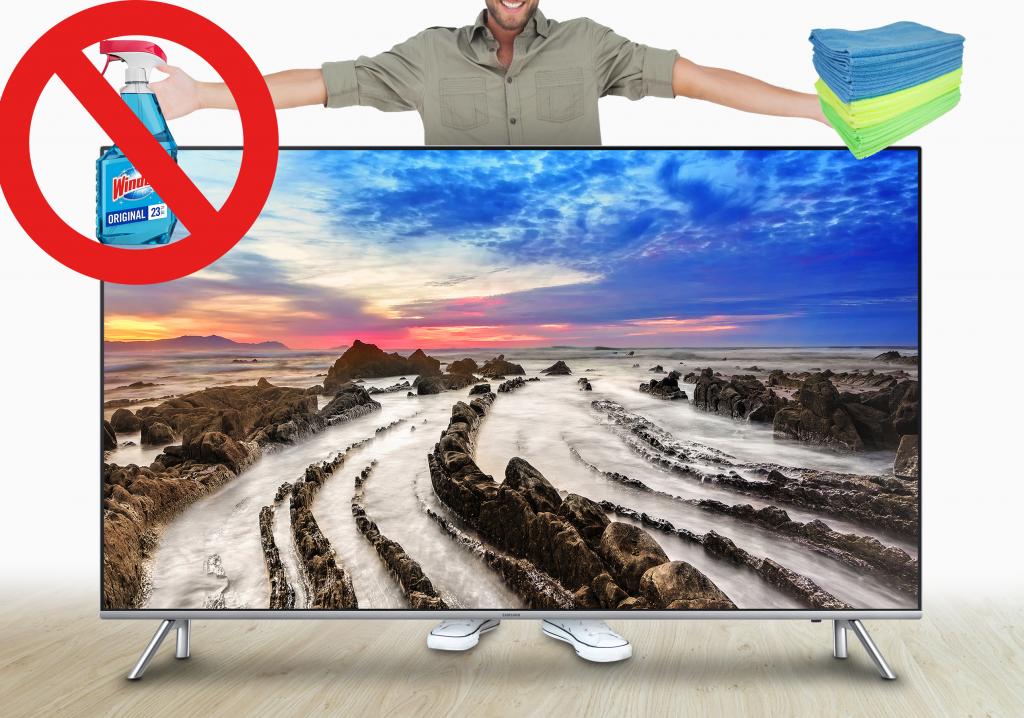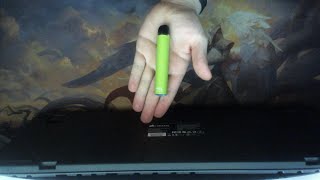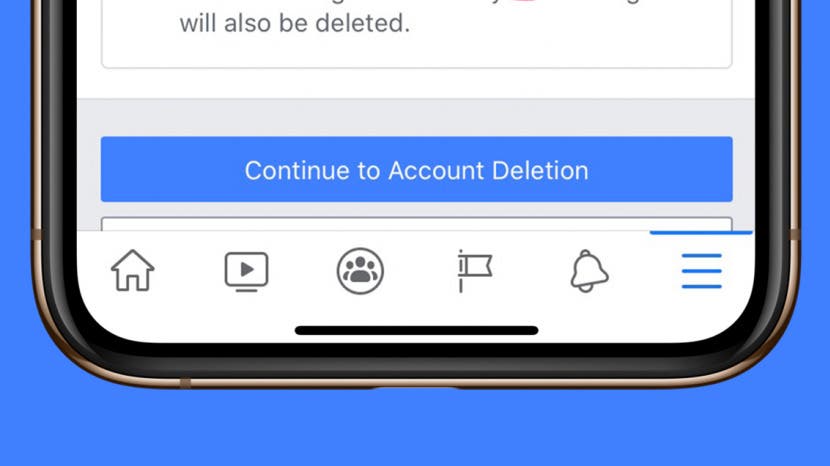How to Clean a TV Screen?

How to Clean a TV Screen

If you want to clean the screen of your television, you can try a few different methods. Avoid using any harsh chemicals. Using paper towels or rags may scratch the screen. Instead, use a microfiber cloth to remove smudges and fingerprints. Here’s how to do it! And don’t forget to follow the manufacturer’s instructions. In the end, your television screen will look brand new again!
Avoid harsh chemicals
Using harsh chemicals to clean a TV screen will permanently damage it. While chemical agents are effective for other surfaces, they can permanently damage TV screens. It’s best to use a solution that contains water and a mild dishwashing detergent to remove tough stains. However, if you can’t find any cleaning agents in your home, you can also make your own cleaning solution by mixing distilled water with 70 percent isopropyl alcohol.
The first step to cleaning a television screen is to turn off the TV and unplug it from the power source. It may take anywhere from two to five minutes, depending on the type of LED TV that you have. To avoid damaging the TV screen, switch off the power source and let it cool before you begin the cleaning process. A cool screen is more likely to react positively to the cleaning agent. Alternatively, you can use a non-abrasive cloth.
The next step is to use a soft cloth. Dust, smudges and fingerprints on a TV screen can interfere with your viewing experience and shorten the life of the television. You should also be careful with cleaning agents, as many modern TV screens are sensitive and can be damaged by harsh chemicals. Some of the screens are so delicate that even household products and soft cloths may cause damage. The best way to clean a TV screen is to follow the manufacturer’s instructions for proper cleaning.
Avoid paper towels
If you are looking for a quick and effective way to clean your TV screen, there are some things you should avoid. Using abrasive chemicals can ruin your television, and acetone, ammonia, and alcohol can damage the plastic screen. Instead, try using water or a mild dish soap. If you must use a cloth, purchase one that is made for cleaning electronics. This product is safe and contains no harsh chemicals.
You should avoid scrubbing at fingerprints, as this could damage the pixels. Using a gentle screen cleaner is best, as a paper towel may scratch the screen or leave behind paper bits. Most popular brands recommend using a mixture of mild dish soap and water, 100:1.
When cleaning your television screen, you should use a soft microfiber cloth instead of paper towels. These cloths are gentle and reusable, and will help you clean your screen without damaging its protective seal. If your screen has a few streaks, a misted cloth with distilled water should do the trick. This will remove the streaks and prevent them from getting any worse. It will also protect the screen against dust and moisture.
Avoid vinegar
To avoid causing damage to your TV screen, you should avoid using harsh chemical cleaners. Instead, opt for a gentle alternative. Instead of vinegar, you can use distilled water and white vinegar to clean your TV screen without streaking. White vinegar contains antibacterial properties, which make it a safe and effective cleaning solution. To make a vinegar and water mixture, simply mix the two ingredients in a spray bottle. Then, spray the solution from about 20 cm away and wipe the screen gently with a microfiber cloth. This will collect any dust particles and ensure the cleanliness of your screen.
To get rid of streaks, mix equal parts white vinegar and distilled water. To make the solution more effective, use a soft microfiber cloth to apply it. Always remember that gentleness and evenness are the key. If you can’t use distilled water or vinegar, try using half distilled water and half white vinegar. Remember to avoid using mineral water because it will leave a whitish residue on your screen.
Avoid spirits
You should avoid using spirits when cleaning a TV screen for several reasons. Firstly, it is possible for the screen to be damaged by moisture. Never apply any cleaning solution directly to the screen as this could damage the electronics. Secondly, alcohol and spirits can leave streaks on the screen. In order to avoid streaks, you should use a clean lint-free cloth. You can also use a cloth designed for eyeglasses to clean lenses and screens. These cloths are made for this purpose, so they are suitable for cleaning a television screen.
Another thing to consider when cleaning a television screen is whether the screen is made of glass or acrylic. Glass is especially vulnerable to scratches, so you should avoid using abrasives. Regular tap water can leave streaks and is also not an anti-static material. Distilled water, on the other hand, has anti-static properties that help prevent dust from collecting on the screen. Hence, it is recommended to avoid using spirits when cleaning a television screen.
Moreover, alcohol and spirits can cause permanent damage to a TV screen. They can also cause the anti-reflective layer to be damaged and lead to dull spots on the screen. Moreover, they contain tiny fibers that can scratch the screen. These micro-scratches can create dull spots on the screen. Therefore, it is crucial to follow the manufacturer’s instructions carefully and avoid using any liquid-based cleaning solution.
Avoid all-purpose cleaner
Taking care of your television screen is a big responsibility and a mistake could cause permanent damage. For most people, their television is a prized possession, the centerpiece of the living room and a source of entertainment for both social gatherings and individual use. To avoid damage to your television screen, follow these simple cleaning tips. Use a damp cloth to wipe off everyday dirt and debris. Then, use a special screen cleaning solution designed to remove gunk and debris while being gentle on the TV screen. Using a regular cleaner could actually react negatively with the screen and cause permanent discoloration.
Never use an all-purpose cleaner to clean a television screen. LCD screens produce low amounts of heat while they are on. This makes it extremely risky to clean them with an all-purpose cleaner. Any mistake or extra pressure could leave marks that won’t wipe off. Always unplug your TV before cleaning it and let it cool completely before using the cleaning solution. This will help you prevent streaks.
Avoid dish soap
If you have a new TV and want to clean the screen, avoid using dish soap. While you can use mild dish soap diluted in water, the chemicals found in these cleaning products can damage the television’s screens. A dry cloth is the most effective method of cleaning a TV screen. You can also use distilled water to clean your screen. Just be sure to read the owners’ manual to determine the best cleaning solution for your television.
Do not use paper towels to clean your television. While they might feel soft and absorbent, they can easily scratch the screen. Using toilet paper or cotton towels may also scratch the screen. Avoid sprayed cleaning solutions – spraying water directly onto the television screen can cause visible scratches. Use microfiber towels instead of paper towels. When using liquid cleaners, make sure you squeeze the excess out before you use it. Otherwise, you may end up with a lot of moisture on your TV screen.
If you have a television with a screen made of glass, avoid using dish soap to clean it. The screen is very delicate and you may end up knocking the television over or damaging it. Taking extra precautions to protect your television screen is always worth it. Turn off the television before cleaning to ensure that the electricity is not plugged in when cleaning it. It is also easier to spot dust when the screen is dark.
Avoid rubbing alcohol
While it may be tempting to clean your television with a cleaning solution containing rubbing alcohol, this substance is not suitable for flat screens. Ethyl alcohol and isopropyl alcohol are both corrosive, and you should avoid using them. Instead, use a cleaning solution made from water and a lint-free cloth. Wet the cloth and then wipe the television screen, concentrating on the smudges. Avoid pushing too hard on the screen. Alcohol-based cleaning solutions can strip the anti-reflective coatings, causing clouding or even damage to the screen.
For cleaning a TV screen, it’s important to use a soft, dry microfiber cloth. Some TVs even come with their own cleaning cloth. A microfiber cloth is a better choice as it is anti-static. You should avoid using paper towels, rags, or tissues to clean the screen. These materials contain fibers that can scratch the screen. Moreover, rubbing the screen too hard may cause the pixels to burn out.
Using a cleaning cloth is important, as a dirty cloth can scratch the screen. When you are finished cleaning your television, make sure that you dry it with a soft, lint-free cloth. It’s best to avoid using paper that is made of wood, as it is harsh and will leave ugly streaks. For a flat screen, a soft cloth is recommended. In order to avoid scratches, make sure to use circular motions.
We look forward to your comments and stars under the topic. We thank you 🙂







